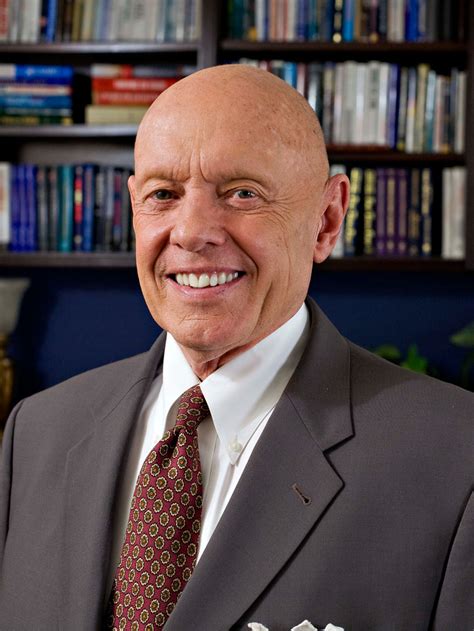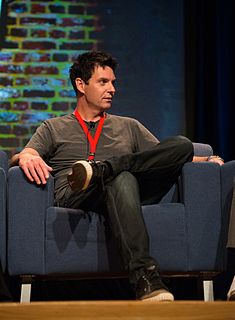A Quote by Robert Rinder
It is difficult to ever think about your loved one having suffered.
Related Quotes
That was the sort of everyday love I had to learn to contend with: if you grow up with it, it's hard to think you'll ever match it. I used to think it was difficult for children of folks who really loved each other, hard to get out from under that skin because sometimes it's just so comfortable you don't want to have to develop your own.
I loved meditation. I love it because that's where you find what your voice is. You cannot really find it easily in this culture. This culture is the noisiest culture ever, ever. I think the damage that it has done to people is in that realm of silencing them. They are overwhelmed by gadgets. They don't know what to think because they're so heavily programmed about what it is that they should want and should think.
It was like a death in the family: You go through the mourning stage, then the rebellion, and then all of a sudden you have to find life by yourself. . . . I loved everything about marriage. I loved having a companion to wake up with and have barbecues with. But things happen and people grow apart. I don't really ever talk about the divorce because it was a heart-wrenching thing to go through.

































